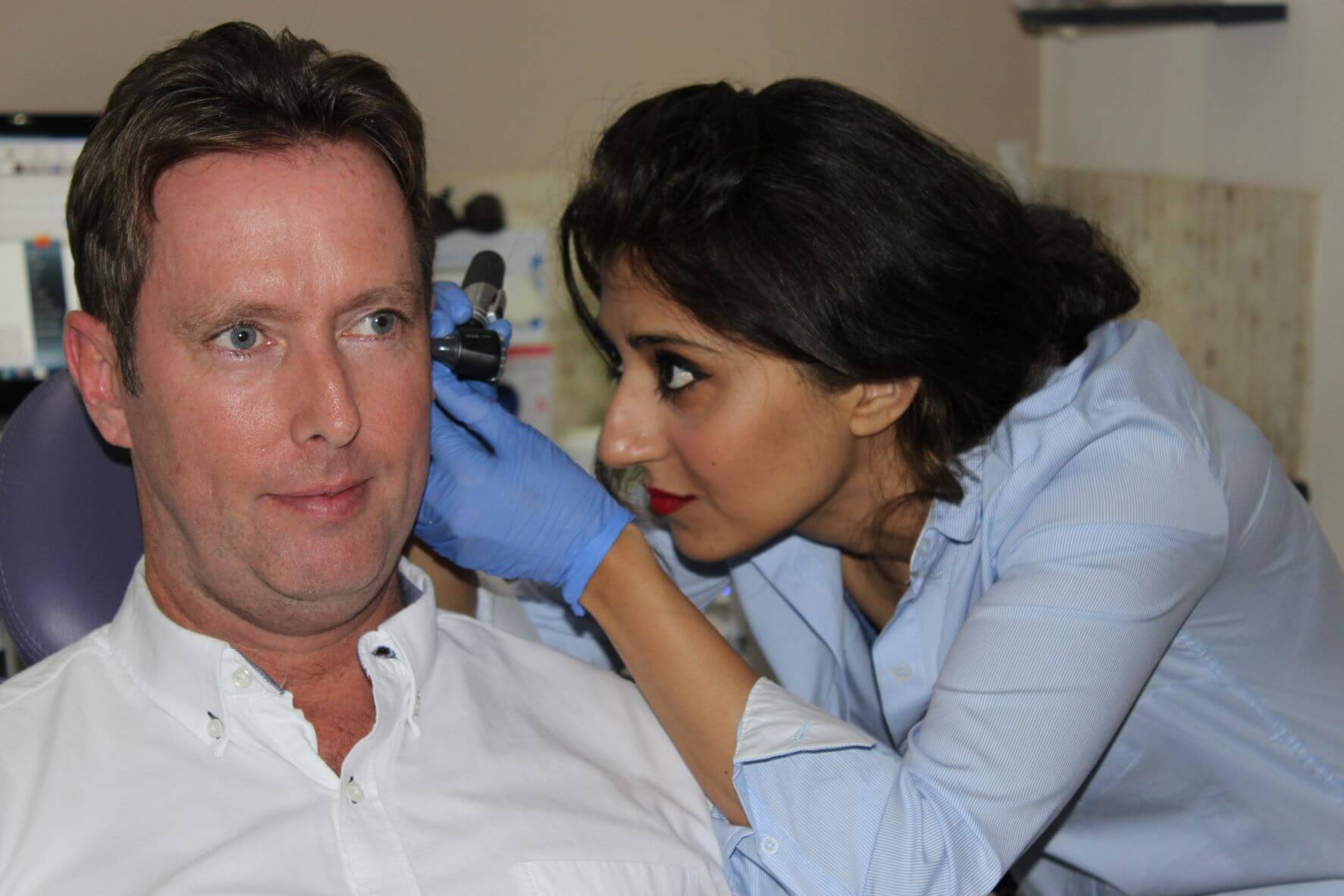
What Is Diplacusis?
Diplacusis is a rare hearing disorder in which a single sound is perceived differently by each ear. Instead of hearing
A prolonged exposure to very loud music and other recreational sounds can lead to noise-induced hearing loss. This is caused after exposure to loud noise over 85 decibels (dB) or more for more than 8 hours or by just a short-term exposure to sounds over 100 dB for just 15 minutes! We are all so guilty of listening to music through our headphones, coming across a song we love and cranking up the volume. Headphones aren’t regulated, meaning we can turn up the volume to the maximum for as long as we want. The scary thing is if you’re listening at this maximum level, your hearing could be damaged after a few songs. Some smartphones will have pop-up warnings when they detect that your volume is too high, so it’s really important that you pay attention to these.
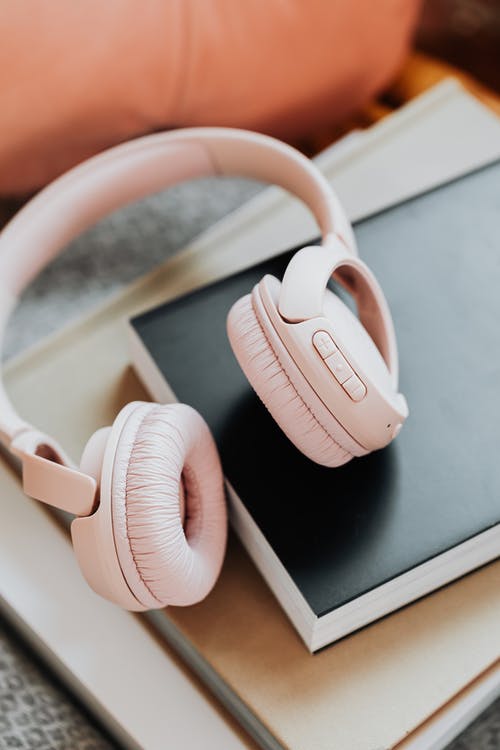
Use your headphones at a sensible volume!
When very loud music is heard, the hairs in the cochlear vibrate too intensely. When this happens, the hairs get overwhelmed and stop working properly. The good news is that over time, it is possible for these hairs to recover. This is often the case after you’ve been at a music concert and temporarily struggle with your hearing. After a few hours, generally your hearing will return to normal. Sometimes, however, the hairs do not recover which is what we call a noise-induced hearing loss.
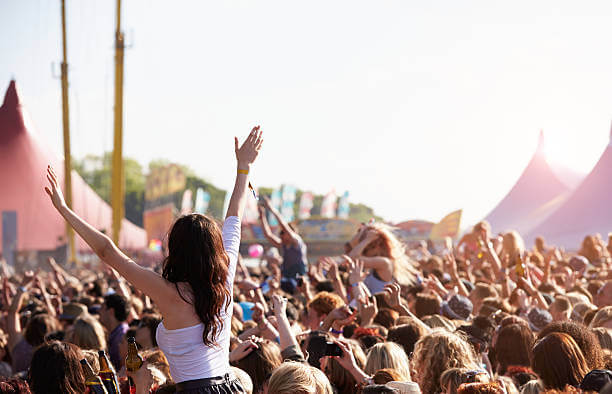
You could experience temporary noise-induced hearing loss after attending a music concert or festival
It’s a good idea to vary the way you listen to music each day. If you are at home and able to, we would suggest listening through a speaker or utilising your TV / computer. We understand that when exercising or travelling, headphones may be the only option. If this is the case, we would advise that you follow the 60/60 listening rule. This means limiting your listening of loud noise to 60 minutes per day and only go to 60% of the maximum volume. Following this rule will greatly help in reducing the risk of developing noise-induced hearing loss.
If you think you have caused damage to your hearing, you should consider booking yourself in for a hearing consultation. If you are concerned about noise-induced hearing loss and feel that you need some further advice, please just drop us a message.
[html_block id=”3745″]

Diplacusis is a rare hearing disorder in which a single sound is perceived differently by each ear. Instead of hearing
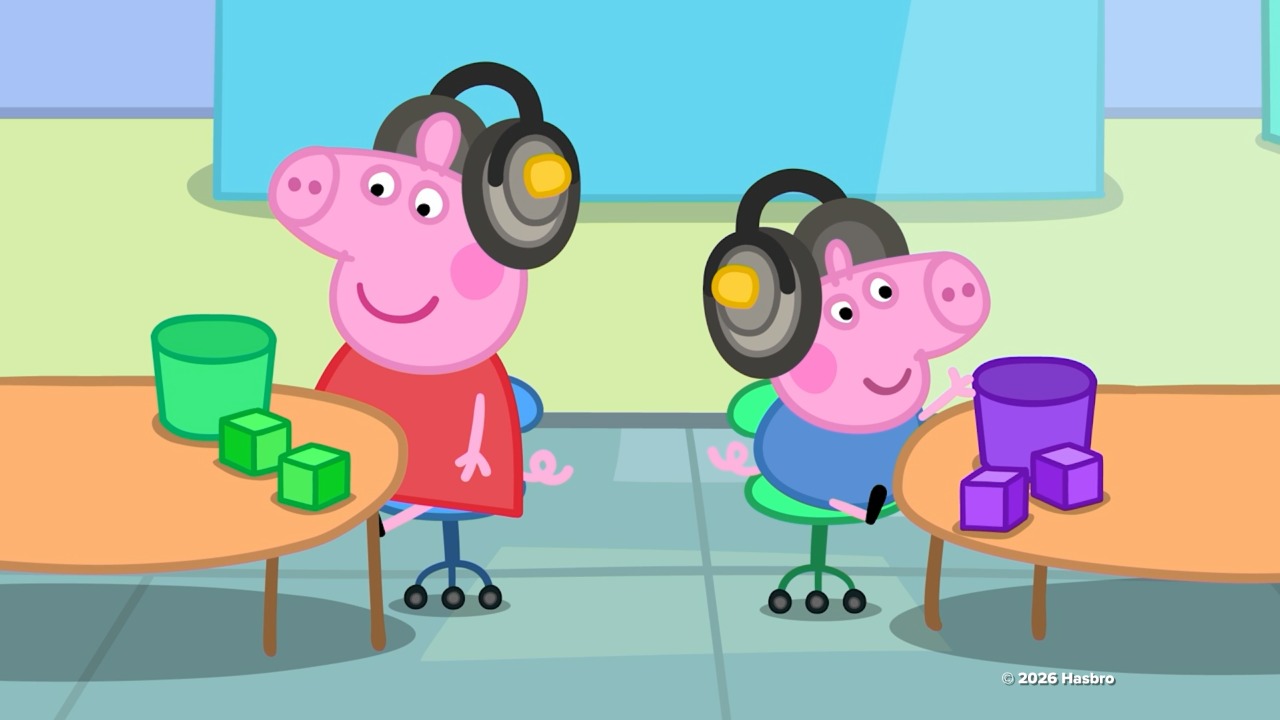
Whether you have children in your life or not, we’re willing to bet you’ve heard of Peppa Pig and her
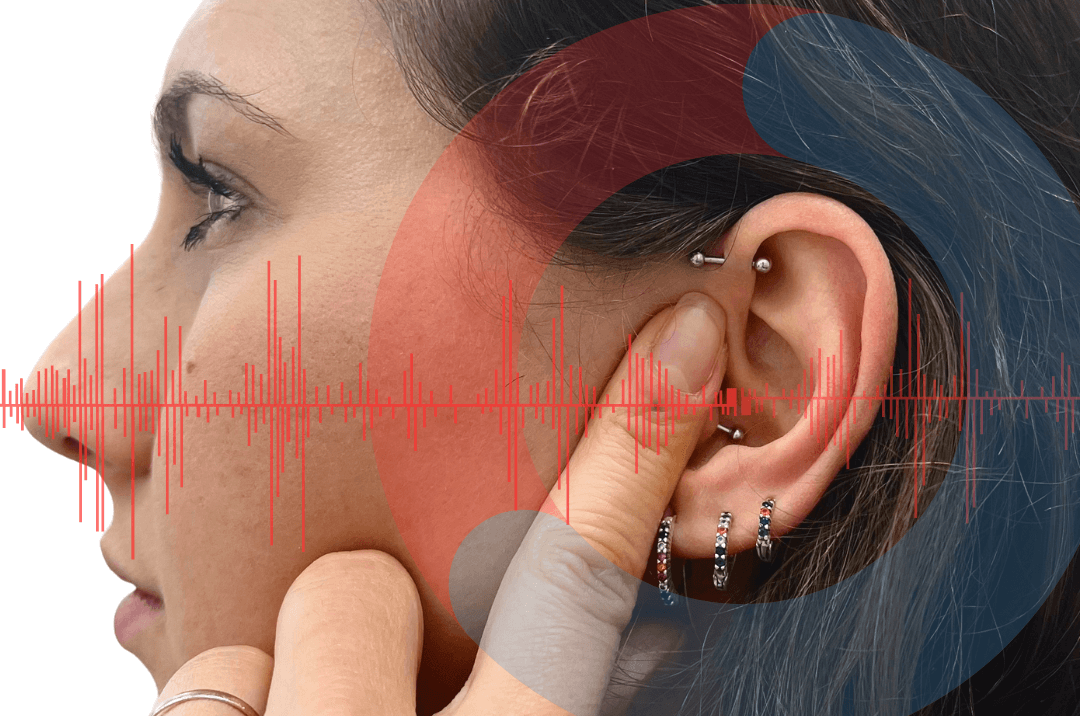
Tinnitus is the perception of sound when there is no external source. It is commonly described as a ringing in